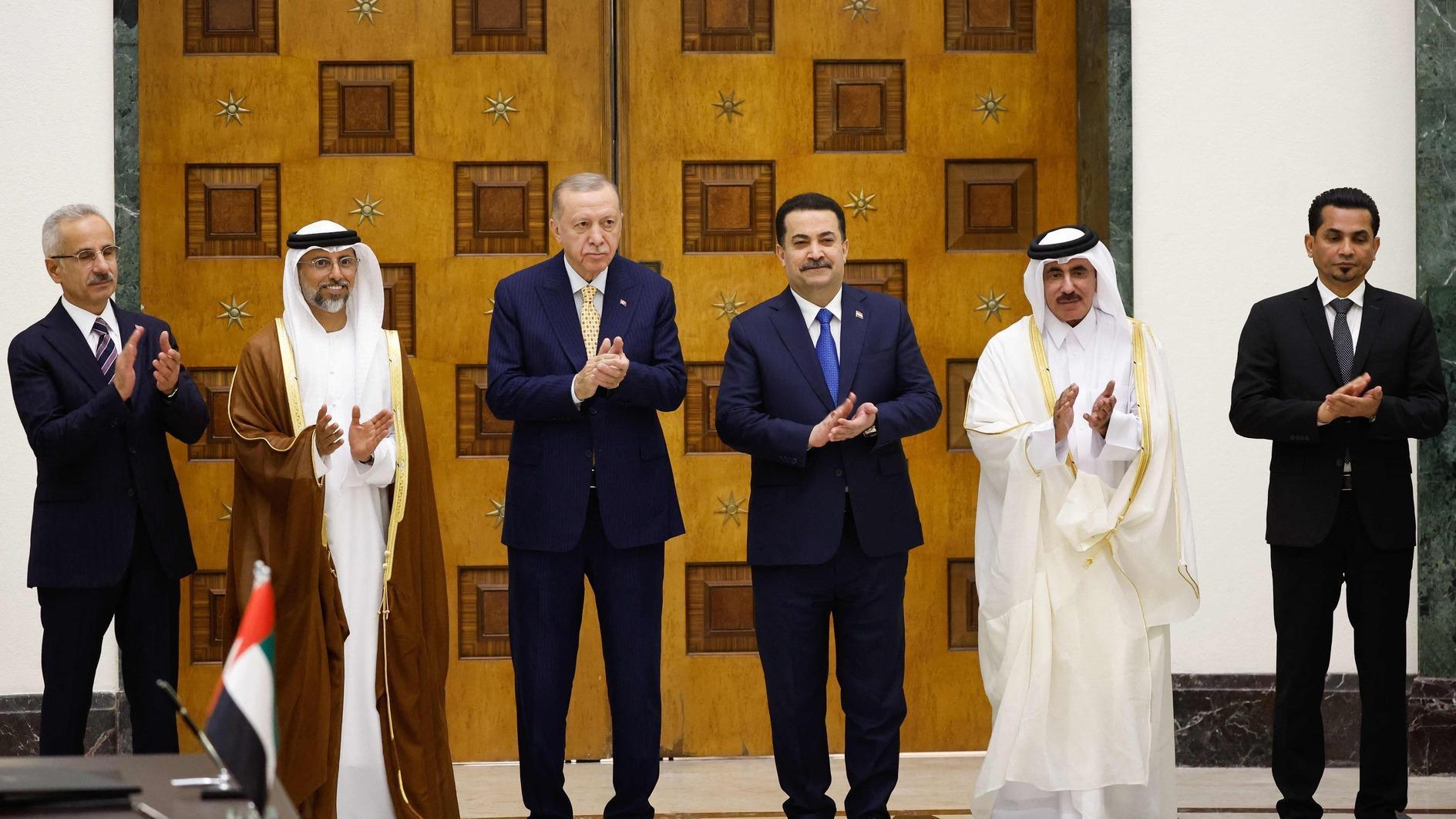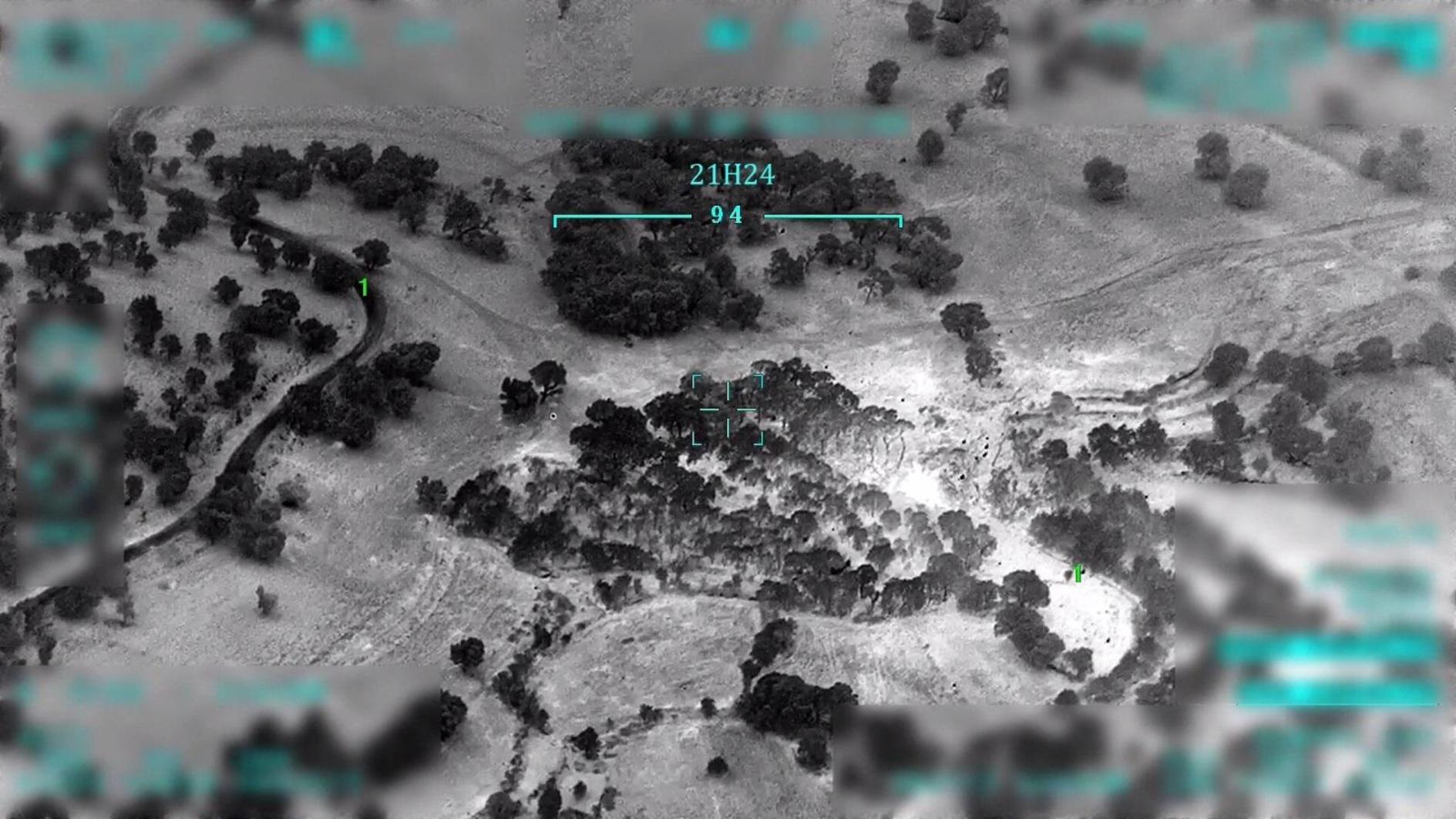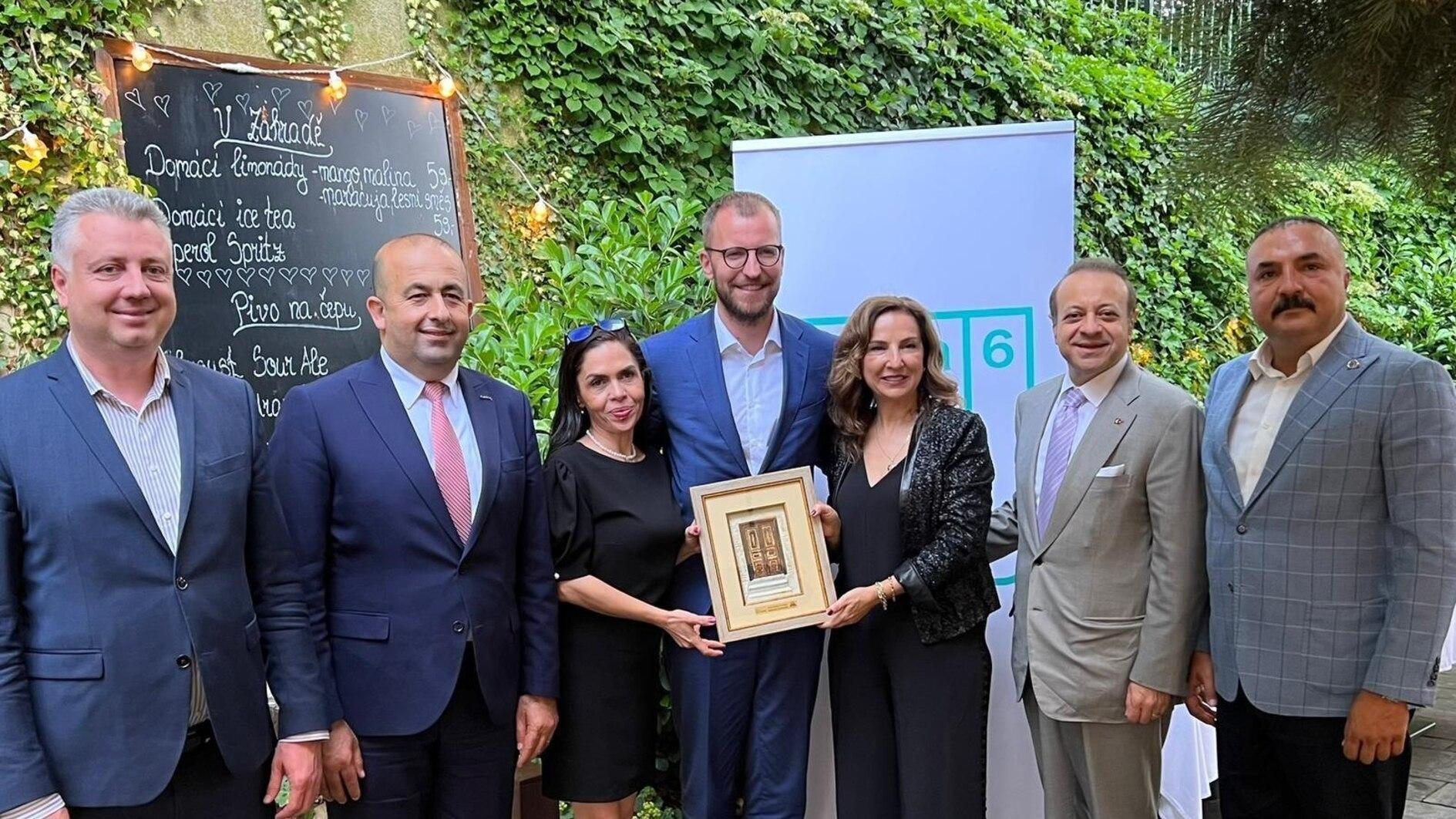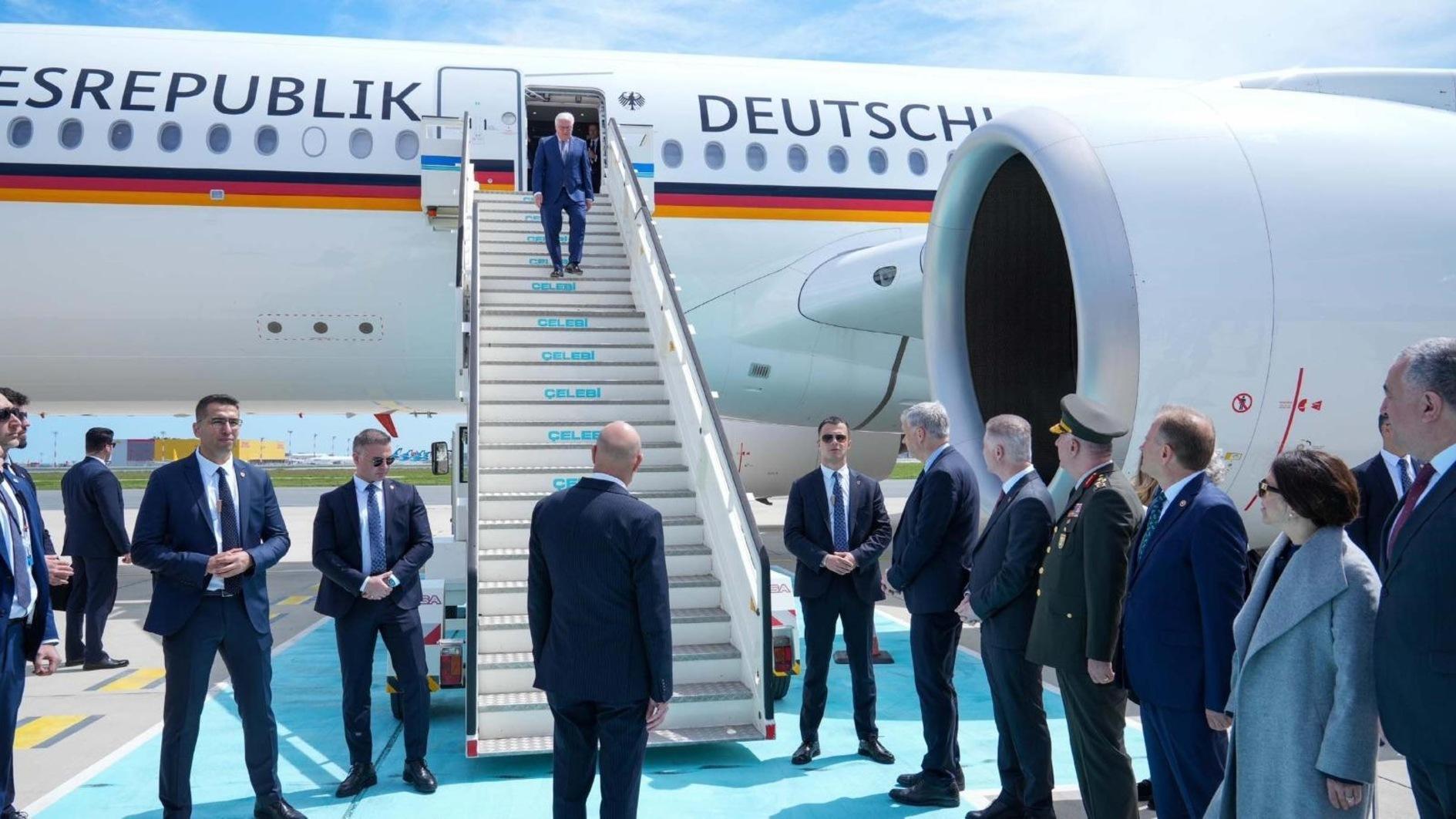Post-coup attempt Turkey is a stronger player in Syria
President Tayyip Erdoğan told reporters on Sept. 6 while flying back from the G20 Summit in China that U.S. President Barack Obama had suggested “doing something together” in Syria, especially regarding Raqqa, the stronghold of the Islamic State of Iraq and the Levant (ISIL). “I told him there would be no problem on our side. Our soldiers should come together and talk. Whatever is necessary could be done,” Erdoğan said.
In the same context, he also said Turkish troops supporting the rebel Free Syria Army (FSA) in sealing the border area from ISIL in a sweeping operation since Aug. 26 had secured a key bridge over the Euphrates river and reached within 10 km of another ISIL-held town, Al-Bab. Al-Bab is the only town left in ISIL hands on the road connecting Raqqa and Aleppo after the recapture of Manbij from ISIL on Aug. 12.
But Raqqa is only one of the issues that Turkey and the U.S. have been talking about regarding the Syria theater. Another important issue is the U.S. cooperation with the People’s Protection Units (YPG) against ISIL. The YPG is the armed wing of the Democratic Union Party (PYD), the Syria extension of the outlawed Kurdistan Workers’ Party (PKK) in Turkey, which is also regarded as a terrorist organization by the U.S.
Erdoğan has long been telling Obama that using one terrorist organization against another is not a good idea and will eventually backfire. But after Obama did not much take that into account - and because the YPG is the dominant force in the Syrian Democratic Forces (SDF), which took Manbij from ISIL, continuing its march to take the entire border with Turkey under control - Turkey intervened, sealing the border from ISIL. Ankara is now pressing to also take Al-Bab, in order to take out ISIL and to stop the advance of the PYD’s forces.
To answer the question of why Turkey did not make that move before and waited to act together with the U.S., we have to look at changes on Turkish side. These changes were:
1- Binali Yıldırım took over as prime minister from Ahmet Davutoğlu (on May 22) and signaled a change in the country’s foreign policy.
2- Diplomatic tension with Russia ended in late June, bringing to an end a major reason stopping Turkey from staging ops in Syria. (Normalization with Israel also started a day before the formal reestablishment of ties with Moscow).
3- A bloody coup attempt took place in Turkey on July 15, since which more than 3,000 military officers have been dismissed on charges of taking part on behalf of the U.S.-based Islamist preacher Fethullah Gülen. A considerable number of those dismissed officers were from the 2nd Army region bordering Iran, Iraq and Syria, and also fighting against the PKK and ISIL.
One of the first things that Yıldırım after the coup attempt was announce a change in Turkey’s Syria policy. On the day that he announced the need to turn over a new page in Syria (Aug. 20), President Erdoğan pushed the button as the “peace-time commander-in-chief” and the “Euphrates Shield” operation started on Aug. 26.
It is clear that Turkey’s peace with Russia and the shift in its Syria policy - placing the priority on defeating ISIL rather than Bashar al-Assad stepping down - have changed the balances and role distribution in Syria. That became effective due to the major shake-up in the military following the failed coup attempt, and now Turkey is a stronger player as it has assumed a more active, fighting role against ISIL.
But Raqqa is still a problem. Until now, the U.S. plan to capture Raqqa from ISIL has focused on cooperation with the PYD. Turkey is not likely to accept this at a time when Ankara has escalated its campaign against the PKK in both Turkey and Iraq.
Certainly there seem to be interesting developments ahead in the Syria theater.











